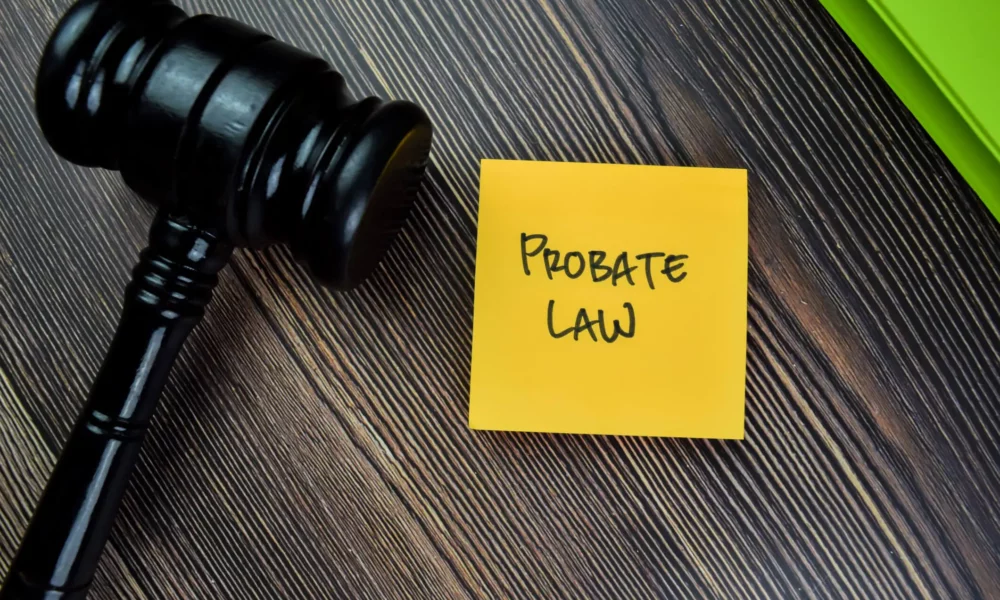Probate Process In Nevada: What To Expect

Navigating the probate process in Nevada may seem daunting, but understanding the steps can ease the journey. Probate is the legal process of settling a deceased person’s estate. This includes validating the will, settling debts, and distributing assets. When a loved one passes, this process can be crucial for ensuring their wishes are honored. Knowing what to expect helps. The state of Nevada has specific rules and guidelines that shape Probate Services in Nevada. It’s important to familiarize oneself with these regulations. Generally, the process involves three main steps: appointing an executor, inventorying assets, and distributing the estate. Each step requires careful attention to detail and adherence to court procedures. This ensures the rightful heirs receive their inheritances. Being well-versed in these areas not only saves time but also reduces stress. By understanding these steps, one can approach the probate process with calm assurance.
The Role of the Executor
The executor plays a crucial role in the probate process. This individual, often named in the will, bears the responsibility of managing the estate. If there’s no will, the court appoints someone, usually a close family member. The executor files the will with the court, which officially starts the probate process. They must also notify potential heirs and creditors. This step ensures everyone involved knows the process has begun. The executor’s duties require organization and dedication to detail. They must act in the best interests of the estate and its beneficiaries.
Inventorying the Estate
Once the executor is appointed, they must take inventory of the estate’s assets. This means listing all property, belongings, and financial accounts. It also includes determining the value of each item. In Nevada, this step is vital for understanding the estate’s total worth. The executor may need to hire appraisers for high-value items. This ensures accurate representation of the estate’s assets. The inventory must be filed with the court within a specified time frame. Keeping accurate records at this stage is essential for smooth estate management.
Paying Debts and Taxes
After inventorying the assets, the executor must pay any debts and taxes owed by the estate. This includes settling outstanding bills and loans. In Nevada, creditors have a certain period to make claims against the estate. The executor must ensure these claims are valid and pay them accordingly. This step protects the estate from future legal issues. It also involves filing final income tax returns for the deceased. Once debts and taxes are cleared, the remaining assets can be distributed.
Distribution of Assets
With debts paid, the executor can distribute the remaining assets to the rightful heirs. This distribution follows the instructions in the will. If there is no will, Nevada’s intestacy laws guide the process. These laws determine how assets are divided among surviving family members. The executor provides the court with documentation showing how the estate is distributed. Once approved, this marks the end of the probate process. The heirs receive their inheritances, and the executor’s duties conclude.
Probate Process Timelines and Costs
The time it takes to complete probate in Nevada varies. Simple estates may take a few months, while complex ones can last over a year. Factors influencing this include the estate’s size, the number of heirs, and any disputes. The cost of probate also varies. It might include court fees, attorney fees, and other expenses. Here’s a comparison of typical probate timelines and costs in Nevada:
| Estate Type | Approximate Timeline | Estimated Costs |
| Simple Estate | 3-6 months | $1,500 – $3,000 |
| Moderate Estate | 6-12 months | $3,000 – $5,000 |
| Complex Estate | 12+ months | $5,000+ |
Understanding Nevada’s Probate Laws
Familiarizing oneself with Nevada’s probate laws can be a helpful step. The Nevada Probate Resource Center offers guidance and resources. Knowing these laws ensures all procedures are followed correctly. It also reduces the likelihood of disputes. The probate process involves many steps, but understanding each part fosters confidence and clarity.
Conclusion
The probate process in Nevada, though detailed, is manageable with the right knowledge and preparation. From appointing an executor to distributing assets, each step requires careful attention. Understanding the process, timelines, and costs helps in planning effectively. With the right approach, honoring a loved one’s final wishes becomes a smooth and respectful journey.
Read More From Techbullion





